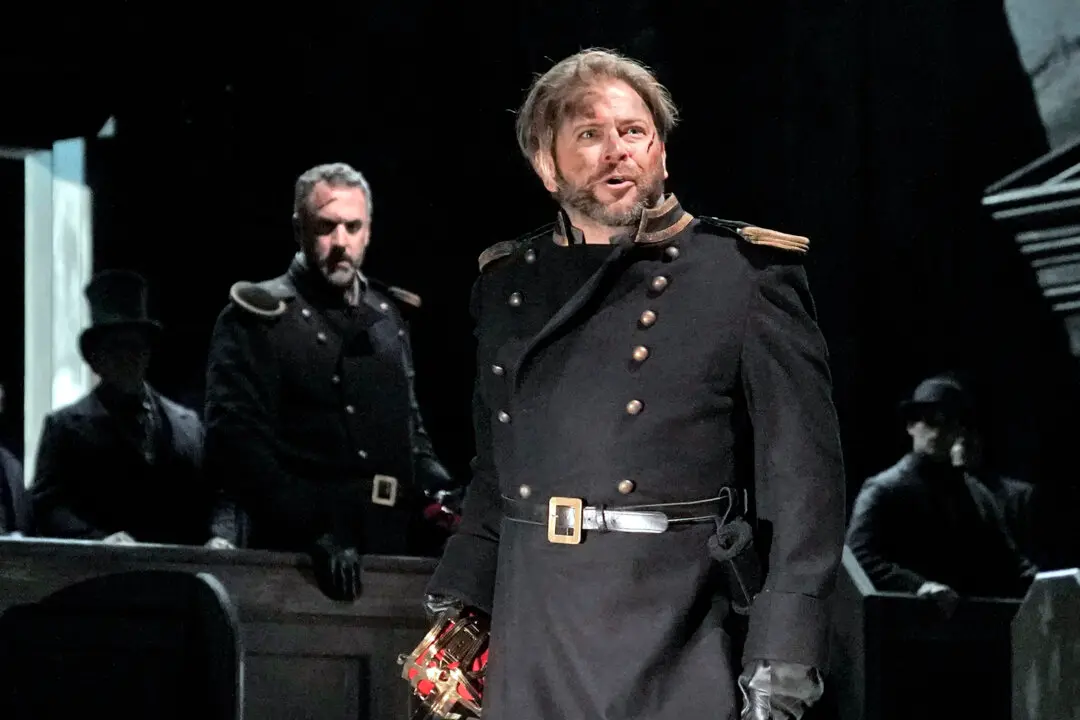On Feb. 5, Kirk Douglas died at 103, leaving an impressive legacy in many fields, as well as 86 films. One of his early films, 1949’s “A Letter to Three Wives,” follows three couples in an unnamed American town. It reminds us that every marriage endures trials that only love, trust, and understanding can overcome.
Popcorn & Inspiration: ‘A Letter to Three Wives’ From 1949: Remembering Kirk Douglas
Films that uplift the soul
|Updated:
Tiffany Brannan is a 24-year-old opera singer, Hollywood historian, vintage fashion enthusiast, and journalist. Her classic film journey started in 2016 when she and her sister started the Pure Entertainment Preservation Society to reform the arts by reinstating the Motion Picture Production Code. Tiffany launched Cinballera Entertainment in June 2023 to produce original performances which combine opera, ballet, and old films in historic SoCal venues. She's written for The Epoch Times since 2019 and became the host of a YouTube channel, The Epoch Insights, in June 2024.
Author’s Selected Articles





